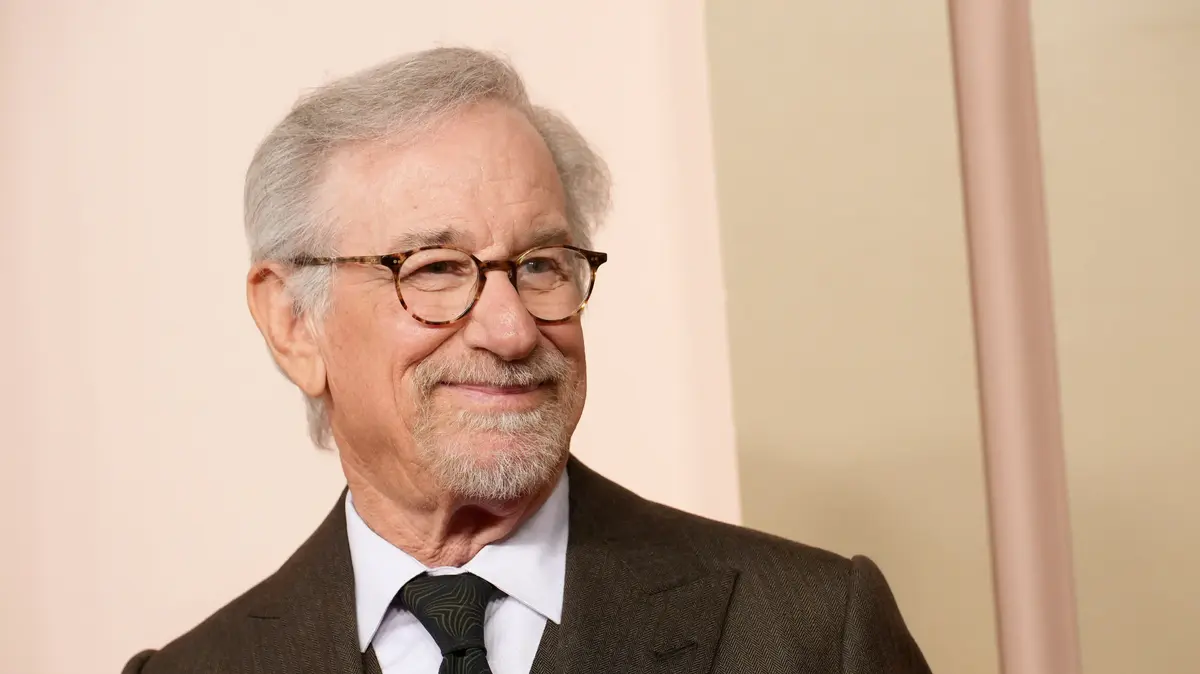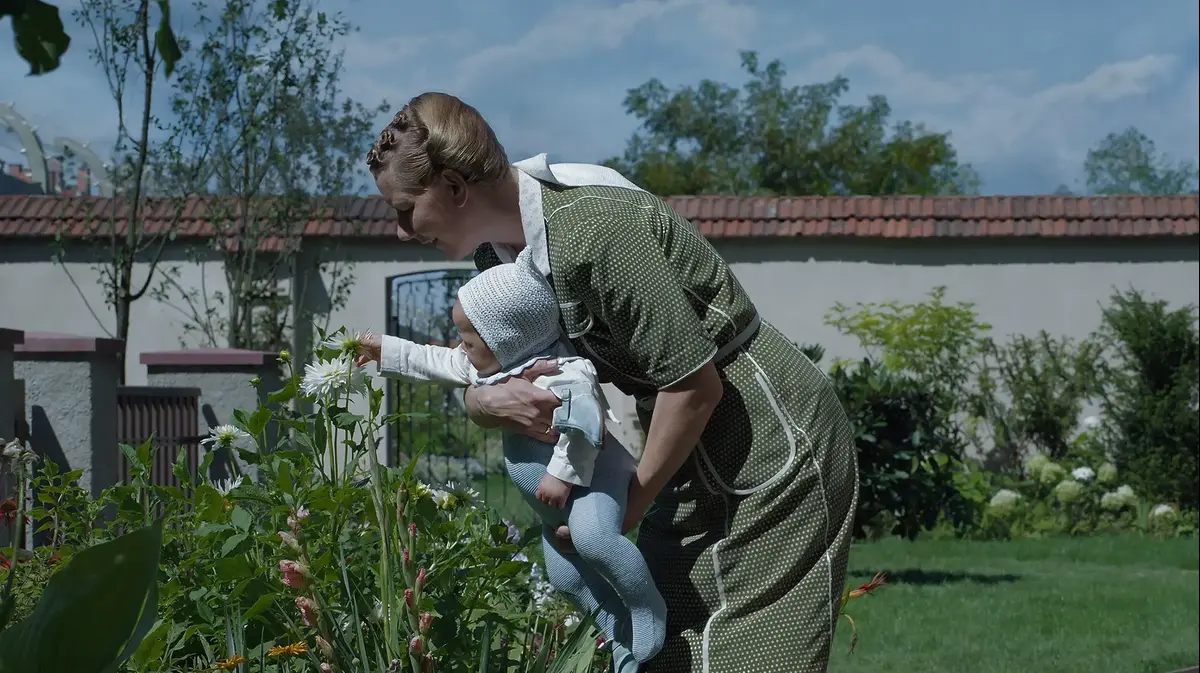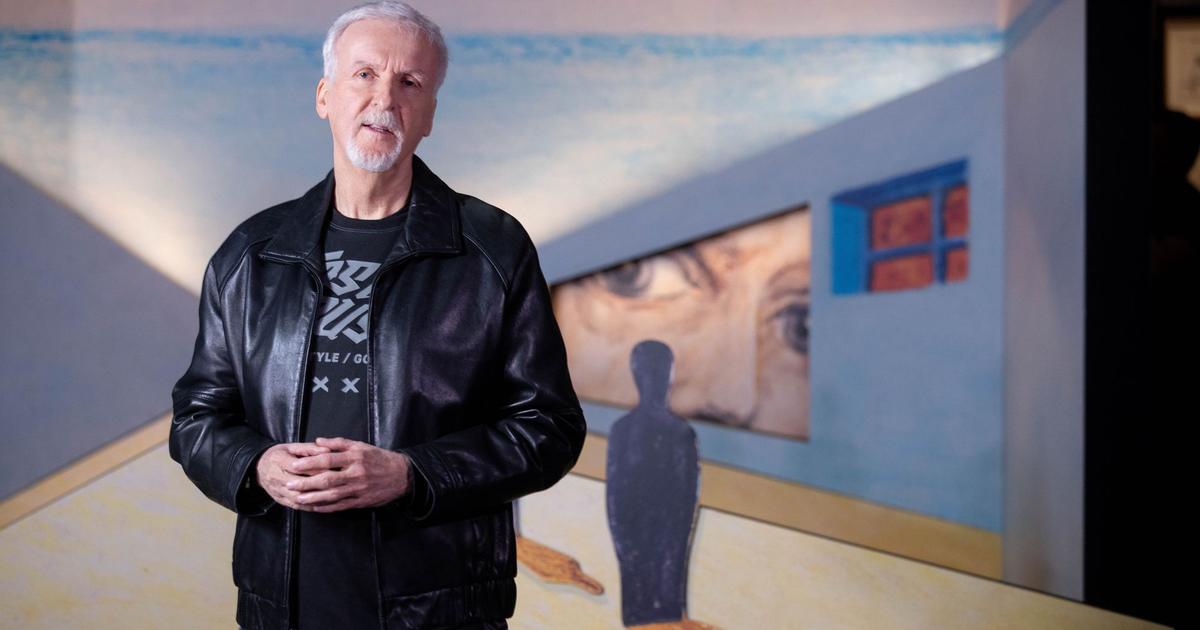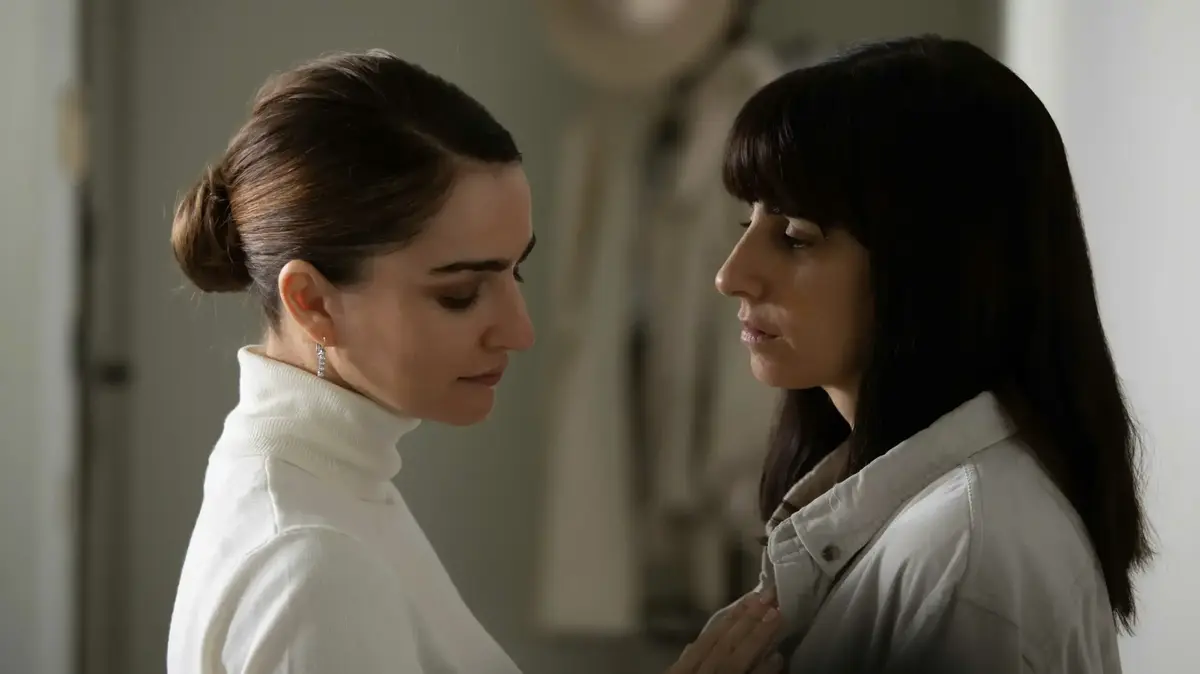The premiere of
The Fabelmans
announces one of the cinematographic peaks of the year: it seems difficult that in the remaining eleven months a film of the same category as that of
Steven Spielberg
can be seen in a movie theater.
And that's what
Los Fabelmans talks about in an autobiographical key,
about theaters and the first dazzles produced by cinema, about the ways in which films can strike emotional chords and become entertainment, work or obsession.
Favorite for the Oscars and winner of two Golden Globes,
The Fabelmans
, under the only apparent simplicity of its story, turns out to be a sinuous and moving artifact that avoids with extraordinary agility the common places of other similar films.
Spielberg's
coming
of age
eludes, for example, the exuberant indulgence of Amarcord or the sentimental nostalgia of Cinema Paraíso.
The difference with Giuseppe Tornatore's film is especially notorious: the Italian anticipates the dissolution of an aesthetic and social universe that, in 1988, still had a few decades to live.
Spielberg films in a different context, when the ritual of cinema as a collective experience fatally languishes.
As it is,
The Fabelmans
It is not an elegy for a vanishing world but a tribute to an art in its moment of splendor.
there was a time that was beautiful
It all starts in 1952 with a primal scene.
Burt and Mitzi Fabelman take their son Sammy to a screening of Cecil B. DeMille's
The Greatest Show on Earth
.
The boy is overwhelmed by the ending of the film
and begins to recreate it almost pathologically with a toy train.
When he manages to get hold of a small camera, Sammy sets himself a new objective: to reproduce the derailment, but now from the logic of cinema, manipulating the scale and duration of the image, thinking in shots and rhythm.
In just a few minutes,
Los Fabelmans
presents the bundle of conflicts that regulate their narrative economy.
Young Sammy negotiates his new passion for cinema with the two conflicting poles that organize the Fabelman clan: Mitzi, the pianist mother, embodies creative overflow and the need to find oneself, while Burt, the programmer father, synthesizes the cold gaze of reason and makes constant calls for order.
The family drama is connected in turn with the protagonist's tortuous entry into maturity
, transit that includes the silent earthquake that shakes the couple of Mitzi and Burt, the first loves and the bullying of the new schoolmates.
The soundtrack by John Williams and photography by Janusz Kamiński, Spielberg's longtime collaborators from 1974 to 1993, transmute the tale of learning into a turbulent epic of personal discovery.
Since its premiere in the United States at the beginning of November,
The Fabelmans has
been the subject of biographical exegesis: journalism, critics, and Spielberg himself have dedicated themselves to identifying the correspondences and discrepancies between the film's story and the director's life.
The film, however, does not impose this fruitless exercise on the public, and it even seems that it would work better without this comparison.
The film proposes, in any case, another type of biography, less personal than artistic, as if Spielberg condensed there several of the lines of force that structure his filmography.
amazing stories
The theme of the threatened family runs through a good part of Spielberg's work
.
Ya
Loca evasion (The Sugarland Express
, 1974), his film debut, narrates, under the formula of the escape film, the odyssey of a couple of inmates before the removal of custody of their baby.
The somewhat reckless comedy fails to hide the heartbreak of the protagonists, two poignantly childish adults who rob a patrol car and kidnap a policeman to go in search of their son without ever understanding the scale of the events they unleash.
There's also something childish about the way Burt Fabelman (Paul Dano) leads his family.
A computer whiz, still nascent science in the 1950s and 1960s, he doesn't see that his wife is crazy about Bennie (Seth Rogen), Burt's best friend, who lives with them.
He doesn't see it or, worse, accepts the relationship in silence.
Burt thus responds to another typically Spielbergian motif, that of the incapable father who fails to comply with what is expected of him.
Some of this is already outlined in the character of Richard Dreyfuss in
Close Encounters of the Third Kind
(1977), a film that marks Spielberg's consolidation as a director of blockbusters.
But he is found in many other films, such as Indiana Jones:
The Last Crusade
(1989) or
The War of the Worlds.
(2005): regardless of the genre in question, be it classic adventure or science fiction crossed with catastrophe cinema, the two films stage the determined efforts of absent parents to reunite with their children and recover some of the lost time.
We don't know how much of Arnold Spielberg, Steven's father, is in Burt Fabelman, but we do know that Burt unfolds on the sediment of a narrative memory that the director sowed over six decades.
Ditto for Mitzi (Michelle Williams), the housework-crushed artist mom who finds her furtive relationship with Bennie a vanishing point to something better.
Although in a more concealed way, another tradition resonates in Mitzi, that of impulsive characters who, moved by sometimes irrepressible passions, take their personal projects to the ultimate consequences.
The bad-tempered and worst-tempered adventurer, Indiana Jones, or the portrait of Ben Bradlee as an investigator ready for almost anything in
The Post
(2017) are the luminous figures in this lineage of self-destructive beings.
But there are others that are darker, more Dionysian, like Frank Abagnale, the young forger in
Catch Me If You Can .
(2002), or Avner Kaufman, the Munich Mossad agent (2005) who is entrusted with a mission that plunges him into a spiral of revenge until it consumes him.
Mitzi is precisely in charge of a scene with a Dionysian sign: during a camp, the mother agrees to dance against the headlights of a car.
Her translucent clothing, the gestures of her body and the movements of her dress with the forest as a background, invest her with the features of the nymph;
the housewife becomes an elemental being who captivates everyone with the erotic charge of the dance and the suggestion of her nudity, both her husband and Bennie, as well as Sammy and her sisters.
Burt begins to understand that his wife is an untamed, almost wild creature, already beyond her control.
Sammy (Mateo Zoryon Francis-DeFord and Gabriel LaBelle) is also a two-faced figure: avatar of the young Spielberg, in the character reverberate, however, the iconic boys thrown into adventure that since
ET The Extra-Terrestrial
(1982) populate the director's filmography.
Starting with Elliot, who finds in his relationship with an alien fallen from heaven an opportunity to reconcile with the people of this world, a line of young people begins who sooner or later find in
extraordinary events the opportunity to start the transition to adulthood.
.
Some do it tragically, like Jim Graham, lost in Shanghai during the Japanese occupation in
Empire of the Sun
(1987), and others in a more joyous way, as in
Ready Player One
(2018).
Hook
's Peter Pan
(1991) takes advantage of the work of JM Barrie and extremes the figure: Robin Williams plays an adult who voluntarily chooses childhood as an eternal refuge.
print the legend
But it is the cinema that covers the ultimate mystery of
Los Fabelmans.
Behind the promise of an uplifting story about vocation and learning, a fantastic portrait is mutely plotted, in Todorov's sense: an oscillating narrative whose uncertainty shakes meaning.
Spielberg tells of Sammy's first forays into cinema as a sequence of lessons and mistakes: there is no philosophy or mandate, it is practice, with the camera or at the time of editing, that poses problems and reveals solutions.
At the end of the film, however, there is an extraordinary moment that overflows that rather correct characterization.
At prom, Sammy presents a short film about his class's beach trip.
The images reveal to their companions an unknown constellation of gestures of camaraderie, solidarity or malice.
To everyone's surprise, Logan, the bully who torments Sammy, occupies a stellar place there: the rugged American football player appears as a modern Apollo, the embodiment of power and elegance, repository of
a fragile beauty and an almost secret sadness. that only the cinema seems to have been able to discover.
In
Los Fabelmans
, the cinema has that mythical breath, as if it were an artifact capable of producing dreams and revealing the nature of things and beings.
Less entertainment than magic.
Spielberg makes almost no winks intended for connoisseurs (there are no remains of cinephile erudition) or comments on the trade or the industry, he only presents a full and totalizing encounter between the protagonist and a means of expression.
The final scene, the most commented moment of the film, is less moving due to the
reference to the filmography of John Ford
than for its execution.
The master of classic cinema is played by no less than a champion of modernity like David Lynch, and the maxims that he spits at a stunned Sammy do not belong to the order of traditional narration but to that of staging.
Spielberg says, then, that the filmmaker who was an emblem of classic Hollywood thinks of cinema (in other words: art) in terms of form rather than story, like a painter of the Quattrocento rather than as an industry craftsman.
The overwhelming beauty of the moment reinforces Spielberg's anachronistic stubbornness: filming a tale about the wonders of cinema when everything points to its irreversible eclipse.
As if what he was looking for was to make memories, to help remember the good things to resist the ravages of worse times.
look too
Innocence in the foreground
look too
Olivier Assayas: prophecy about today's cinema







/cloudfront-eu-central-1.images.arcpublishing.com/prisa/S6ARYN3A4ZF23EJ2KLKXTSQGII.jpg)







